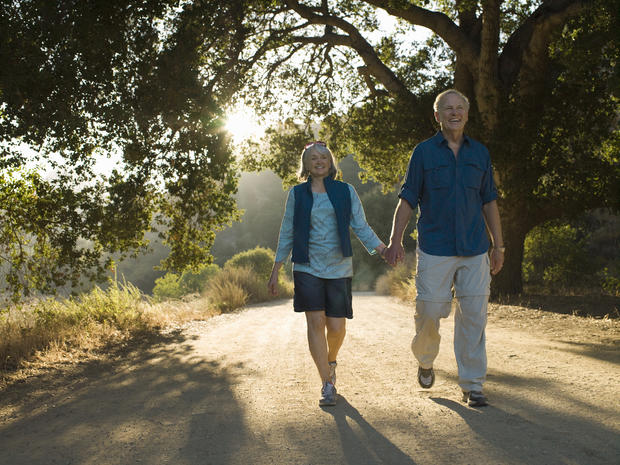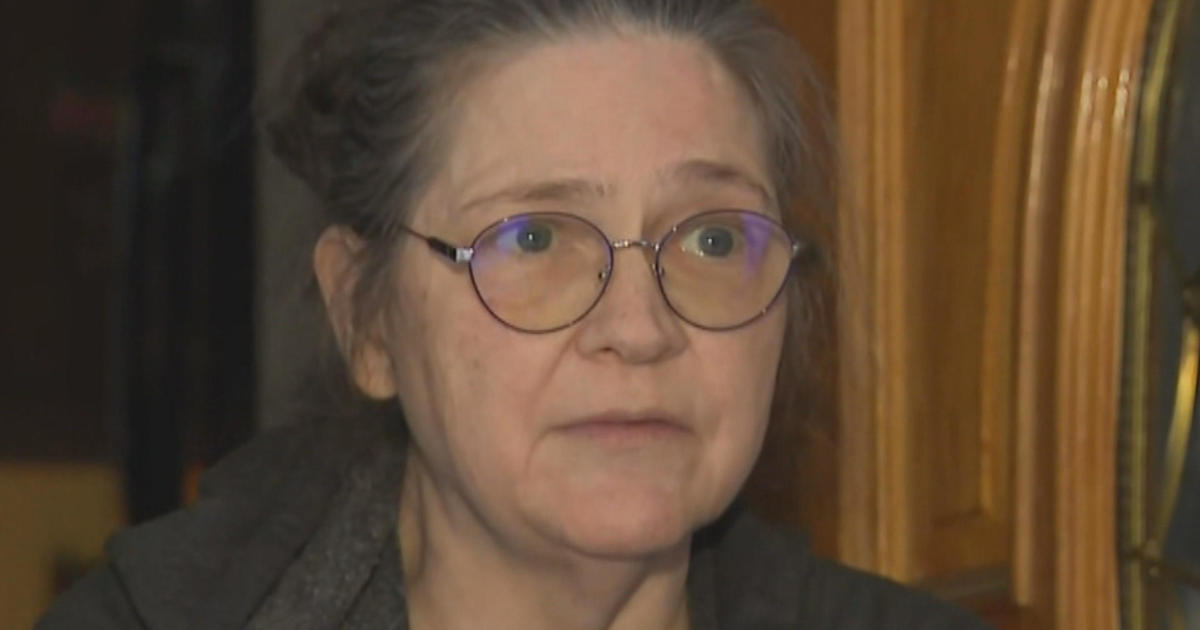Be Still My Beating Heart
By Beth Israel Deaconess Medical Center Correspondent
Sex and Your Cardiovascular Health
When we speak of love and romance, our pulses race and our hearts "skip a beat." But do any of us stop to consider the timeless affinity between sex and heart health?
First, the fundamental question: Is sex good for your heart?
Sex is a form of exercise, to be sure, and we all know exercise is good for the heart. Canadian research into trysting among young, healthy couples determined that women burn 3.1 calories per minute during sex, and men burn 4.2 calories. This is considered moderately intense activity, similar to ballroom dancing, walking or yard work.
Altogether, "That's about 21 calories on average," says Michael Gavin, MD, a cardiologist at Beth Israel Deaconess Medical Center's CardioVascular Institute, citing an article in the New England Journal of Medicine. "In terms of aerobic exercise, it ranks pretty low."
Research on Massachusetts Men
A 2009 study showed that men who have sex infrequently (once a month or less) have a 45 percent increased risk of developing cardiovascular disease, compared with men who have sex at least twice a week. The research was conducted in Massachusetts among 1,165 initially healthy men ages 40 to 70, and published in the American Journal of Cardiology.
Here again, however, Gavin sounds a note of caution. As in all things sexual, the truth may be more complicated than at first it seems.
"It's tricky," he says. "For one thing, most studies rely on self-reported data, which can be unreliable, especially where sex is concerned. And it's also hard to say whether having sex makes you healthier, or whether healthier people just have more sex."
Indeed.
Sex and Heart Disease
For men and women with heart disease, sex can stir fears that it will cause a heart attack or life-threatening arrhythmia. It's not helpful that whispers have come down through the ages that Attila the Hun died consummating his marriage on his wedding night and, more recently, that former U.S. Vice President Nelson Rockefeller died of a fatal heart attack during a Manhattan rendezvous with a young aide.
To clarify matters, in 2012, the American Heart Association published a "Scientific Statement on Sexual Activity and Cardiovascular Disease." It acknowledges that "sexual activity is associated with an increased risk of cardiovascular events," but it quickly adds that "the absolute rate of events is miniscule because exposure to sexual activity is of short duration and constitutes a very small percentage of the total time at risk."
Specifically, the statement cited studies that have shown that:
The intriguingly named "angina d'amour" — chest pain shortly after coitus — applies to fewer than five percent of angina attacks.
Less than 1 percent of heart attacks take place during or after sex.
Less than 2 percent of sudden deaths involve sex.
Circumstances Matter
The statement includes the fascinating detail that among the autopsied subjects who did die from sudden death during coitus, "82 to 93 percent were men, and the majority (75 percent) were having extramarital sexual activity, in most cases with a younger partner in an unfamiliar setting and/or after excessive food and alcohol consumption."
Gavin counsels his heart patients with care.
"As a physician," he says, "you want to give your patients some warning. But the problem is, the stress of worrying about something happening can actually cause it to happen."
In general, the American Heart Association concludes that it is "probably safe to have sex if your cardiovascular disease has stabilized."
High Blood Pressure: Not Romantic
A link has been identified between sex and high blood pressure, a leading risk factor for cardiovascular disease that affects 78 million Americans. The American Heart Association notes that high blood pressure can make women feel tired, reducing their libido. It can also restrict blood flow in the pelvis, causing erectile dysfunction in men. In fact, erectile dysfunction is well-known among doctors as a warning sign that can lead to a cardiovascular disease diagnosis.
Ironically, medications for high blood pressure, like beta blockers and ACE inhibitors, can cause erectile dysfunction along with the disease they are designed to treat.
However, Gavin says, "These negative sexual side effects aren't as common as people think. For example, the actual incidence of erectile dysfunction in patients taking drugs for cardiovascular disease (CVD) is only about one percent, or 10 out of every 1,000 men."
According to Airley Fish, MD, another cardiologist at the CVI, communication between doctor and patient is the key.
"You're definitely walking a fine line," she says. "We don't want to scare patients or make them worry unnecessarily. Of course, when patients bring up side effects, we counsel them."
Unfortunately, the stigma around conditions like erectile dysfunction makes them hard to talk about.
"We know that some patients are too embarrassed to report sexual side effects," says Fish. "Our concern is that these patients will decide to stop taking their heart medications to make the symptoms go away. It's our job to foster a relationship in which patients feel comfortable sharing their experiences and fears so that we can have a candid discussion and let them know how rare sexual side effects are."
Sex After Surgery
The fear of combining sex with cardiovascular disease is especially acute after heart surgery.
The AHA's Scientific Statement offers reassurance. It says most patients can safely resume sexual activity fairly quickly after surgeries and procedures, as long as they follow a few guidelines. However, the same paper pointed out that when discharged, fewer than 20 percent of patients receive counselling about sexual activity.
"If it's not offered to them, they might not ask for it. And their partners, who are often the ones who are the most nervous about resuming sexual activity, might be hesitant to bring it up," says Gavin.
The CVI runs a pre-discharge class for heart surgery patients two times a week, covering topics like medication, wound care, and the psychological and emotional recovery process
"Sex doesn't necessarily come up during our pre-discharge classes," says physical therapist Joan Drevins, Education and Research Program Coordinator for the Department of Rehabilitation Services at BIDMC. "It really depends on who's in the group. That's why our discharge packet includes simple written guidelines for resuming normal activities, including sex."
Facing Your Fears
Anxiety is felt by patients and their partners, "maybe not so much for someone who's had a stent or an angioplasty, but for those who've had open heart surgery," says Drevins. "We emphasize the importance of increasing activity levels gradually and listening to your body when you feel fatigued."
Drevins provides patients with these guidelines for resuming sexual activity:
If you can climb one or two flights of stairs (20 to 24 steps), you're good to go.
Stay with your regular partner.
When interacting with your partner, remember that you should not lift, push or pull anything that weighs more than 10 pounds for at least 10 weeks after surgery.
Put spontaneity aside for a while. Refrain from sex right after a meal, when your body is working to digest your food, or after you've taken certain medications.
Choose positions that minimize stress on the chest, particularly after open heart surgery.
"Most of all," says Drevins, "If you're nervous about having sex, talk to your doctor. Then, if you still feel anxious, share your concerns with your partner." Who knows? That intimate little chat could be the start of something nice.
Additional Sources
Above content provided by the CardioVascular Institute at Beth Israel Deaconess Medical Center. For advice about your medical care, consult your doctor.
Posted March 2015




